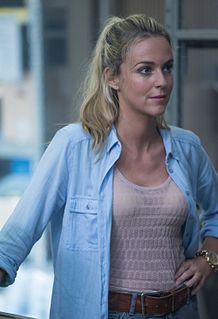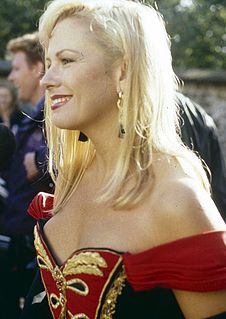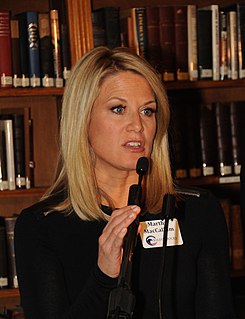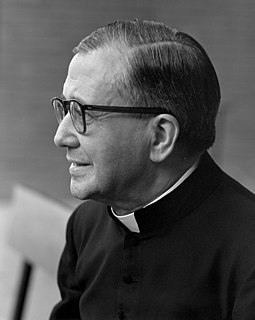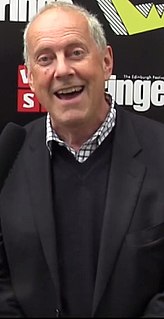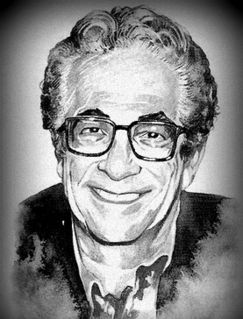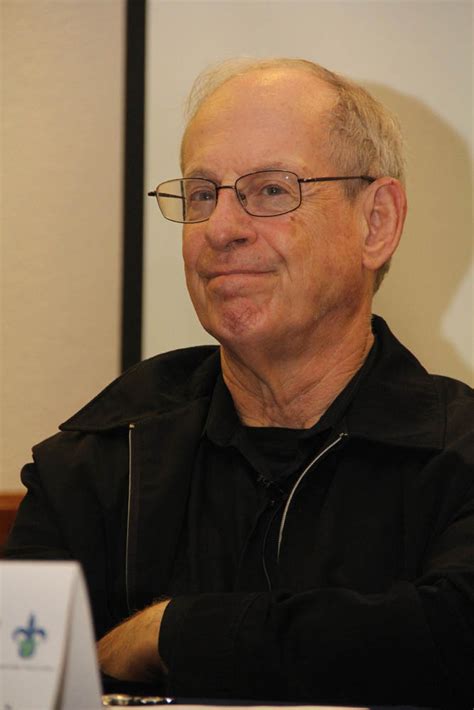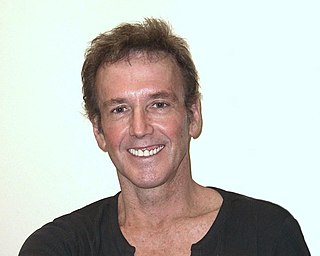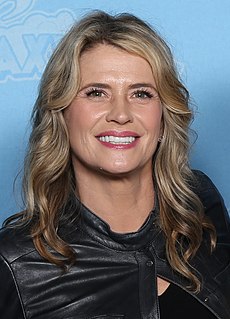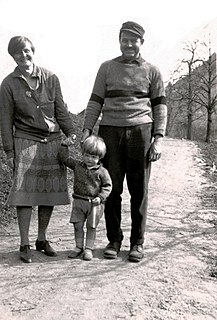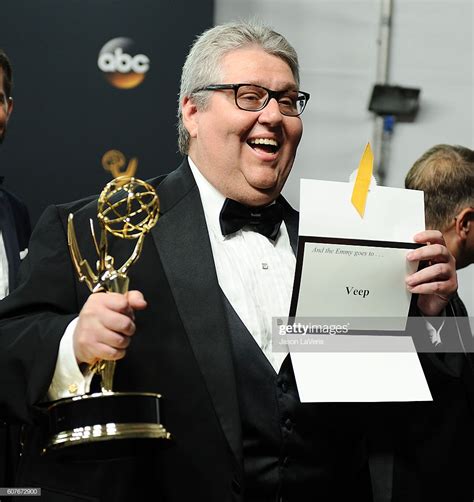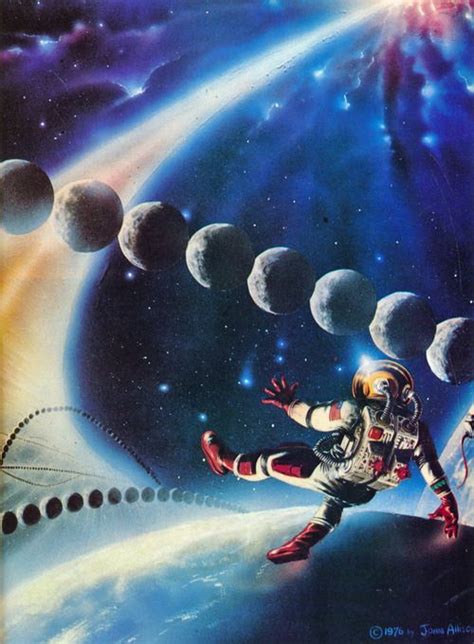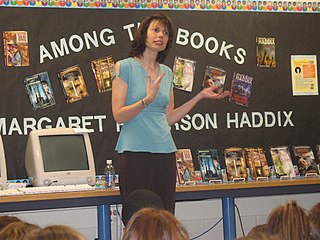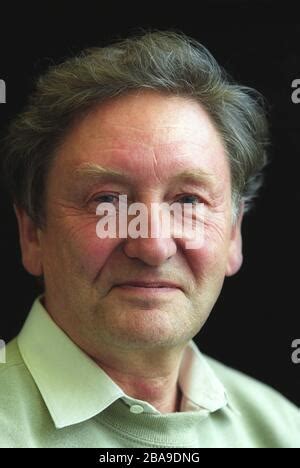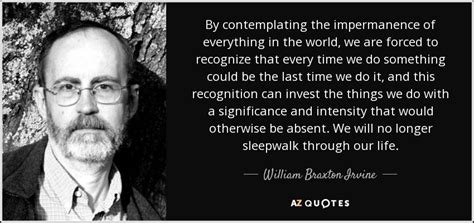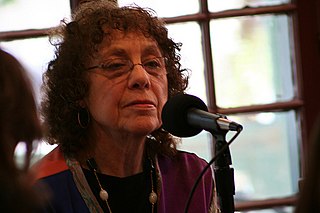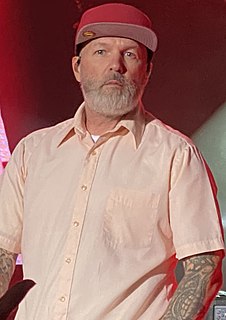Top 1200 Reading Biographies Quotes & Sayings - Page 3
Explore popular Reading Biographies quotes.
Last updated on April 19, 2025.
You can use reading as a food for the ego. It is very subtle. You can become knowledgeable; then it is dangerous and harmful. Then you are poisoning yourself, because knowledge is not knowing, knowledge is not wisdom. Wisdom has nothing to do with knowledge. Wisdom can exist in total ignorance also. If you use reading just as a food for the mind, to increase your memory, then you are in a wrong direction. But reading can be used in a different way; then reading is as beautiful as anything else in life
Let's face it: Most of us don't realize it, but we are failing our kids as reading role models. The best role models are in the home: brothers, fathers, grandfathers; mothers, sisters, grandmothers. Moms and dads, it's important that your kids see you reading. Not just books - reading the newspaper is good, too.
While reading writers of great formulatory power — Henry James, Santayana, Proust — I find I can scarcely get through a page without having to stop to record some lapidary sentence. Reading Henry James, for example, I have muttered to myself, "C’mon, Henry, turn down the brilliance a notch, so I can get some reading done." I may be one of a very small number of people who have developed writer’s cramp while reading.
In reading Chesterton, as in reading MacDonald, I did not know what I was letting myself in for. A young man who wishes to remain a sound Atheist cannot be too careful of his reading. There are traps everywhere — "Bibles laid open, millions of surprises," as Herbert says, "fine nets and stratagems." God is, if I may say it, very unscrupulous.
When I was a teenager, reading for me was as normal, as unremarkable as eating or breathing. Reading gave flight to my imagination and strengthened my understanding of the world, the society I lived in, and myself. More importantly, reading was fun, a way to live more than one life as I immersed myself in each good book I read.
All spiritual growth comes from reading and reflection. By reading we learn what we did not know; by reflection we retain what we have learned. The conscientious reader will be more concerned to carry out what he has read than merely to acquire knowledge of it. In reading we aim at knowing, but we must put into practice what we have learned in our course of study.
Unlike television, reading does not swallow the senses or dictate thought. Reading stimulates the ecology of the imagination. Can you remember the wonder you felt when first reading The Jungle Book or Tom Sawyer or Huckleberry Finn? Kipling’s world within a world; Twain’s slow river, the feel of freedom and sand on the secret island, and in the depths of the cave?
Well-meaning adults can easily destroy a child’s love of reading: stop them reading what they enjoy, or give them worthy-but-dull books that you like, the 21st-century equivalents of Victorian “improving” literature. You’ll wind up with a generation convinced that reading is uncool and worse, unpleasant.
Pace yourself in your reading. A little bit every day really adds up. If you read during sporadic reading jags, the fits and starts will not get you anywhere close to the amount of reading you will need to do. It is far better to walk a mile a day than to run five miles every other month. Make time for reading, and make a daily habit of it, even if it is a relatively small daily habit.
You are currently experiencing desire; otherwise, you wouldn't be reading these words. Even if you are reading them at the behest of someone else, you are motivated by your desire to please that person. And if you stop reading, you will not do so because you have stopped desiring but because your desires have changed.
A love of reading is an acquired taste, not an instinctive preference. The habit of reading is formed in childhood; and a child's taste in reading is formed in the right direction or in the wrong one while he is under the influence of his parents; and they are directly responsible for the shaping and cultivating of that taste.





